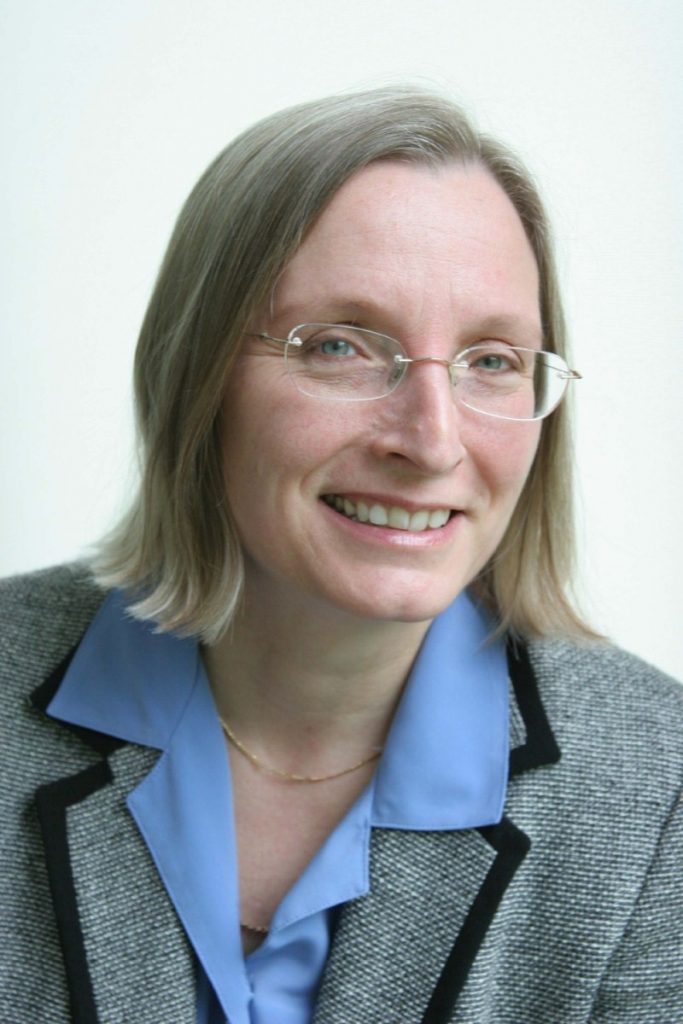Comment: Those who didn’t riot tell us more than those who did
By studying the behaviour of 'positive deviants' we can better understand the rioting and help the communities it affected.
By Jane Lewis
There have been so many suggestions for tackling the riots and preventing future incidents, but as the emotional response dies down and the serious questions begin to be asked, simplistic and knee-jerk responses need to be avoided. Ed Miliband stated in a recent interview that an official investigation was needed into the riots, 'not so a bunch of academics can sit in Whitehall, but so good, decent people of Tottenham who hated what happened to their community get their voice heard'. Nick Clegg announced the 'communities and victims' panels, which will be chaired by an independent.
Both Miliband and Clegg's responses are reassuring. The clear lack of community, which played a part in the riots, will begin to be addressed and community members will feel they have a voice. Mobilising the community in this way can provide an entry point to the problem, which the academics in Whitehall referenced by Miliband would otherwise not have access to.


However, Miliband's suggested investigation and Clegg's inquiry using a community panel do not go far enough. The problem is multi-faceted and complex. They both come at the problem from a top-down approach, which often paints things as black and white and overlooks the communities' own wisdom. The two approaches will take evidence from community members, but the resulting policy will still be designed by people who are detached from the community and the resulting policy will not be implemented until the inquiries are complete, and approved by the relevant ministers.
Hard questions need to be addressed. What has driven young people to destroy their communities? Why do they feel so disconnected? Only the community members themselves can find the true answers. However, whilst answers to these questions are sought, a quicker way forward is to look at those community members who did not join in the riots.
The communities themselves have the knowledge to correct the deep-rooted problems and combat future riots. It is clear that the majority of community members were horrified by what happened; the 'love wall' at Peckham is testament to this. This drive and energy to correct things within the community needs to be harnessed so that action is not delayed by lengthy inquiries.
In every community there will be people who could have been sucked up in the riots, but who stayed away despite peer pressure. We need to look to these 'positive deviants'' behaviours and find the differences. Unlocking these wisdoms provides the answers. Small details about the lives and behaviours of those who did not join in are very important. The current model of the communities and victims panel, along with Miliband's suggested investigation, is likely to focus only on the problems and this means the perception of their size and scale grows to the point where they seem insurmountable. The community needs to feel they can control the problem. Relationships between authorities and community members need to be redrawn. This not only means creating more respect for the authorities but making the authorities see community members as human, not just walking statistics, perpetrators and victims. With the word 'victim' in the panel name, this approach certainly does not do this.
The positive deviance community coaching approach has been used successfully to tackle serious community issues across the world, including gang violence. We can learn from this and help communities to "act their way into a new way of thinking". It is possible to help the wider community to think differently without solving the very deep underlying issues such as poverty. Already a group in Peckham is bringing commitment and creativity to finding those people, who did not get involved in the violence. The small,but significant behaviours that lead them to act differently can be shared, so young people, their parents, and other key influencers overcome the problems in their specific community. These behaviours can be found everywhere – the parent that gets their child to text where they are going, and helps them set their alarms to get to school on time; the teacher who has fewer exclusions, who calls each of their class by their name. Getting community members to identify these small things helps them to see their impact, and they are the best people to spread these practices amongst their peers through their own social contacts.
Indeed, quick and valuable wins within UK communities participating in Home Office funded pilots on domestic and local violence have seen new community groups and facilitators emerge and reaching out to 'unusual suspects'; those that would not normally be community activists.
The communities caught up in the riots need to have their voice heard, their current motivation to find solutions needs to be utilised and their experience and wisdom needs to be tapped to address this problem. Only by listening to all community members and allowing them to lead the change can we redefine relationships within communities for the better and create lasting change.
Jane Lewis is a partner at Woodward Lewis, a social enterprise specialising in positive deviance. Jane has lectured on PD on the Oxford University-HEC Paris Consulting and Coaching for Change master's programme and at Oxford Brookes University. Woodward Lewis are working with the Home Office to train community facilitators in using these techniques.
The opinions in politics.co.uk's Comment and Analysis section are those of the author and are no reflection of the views of the website or its owners.

